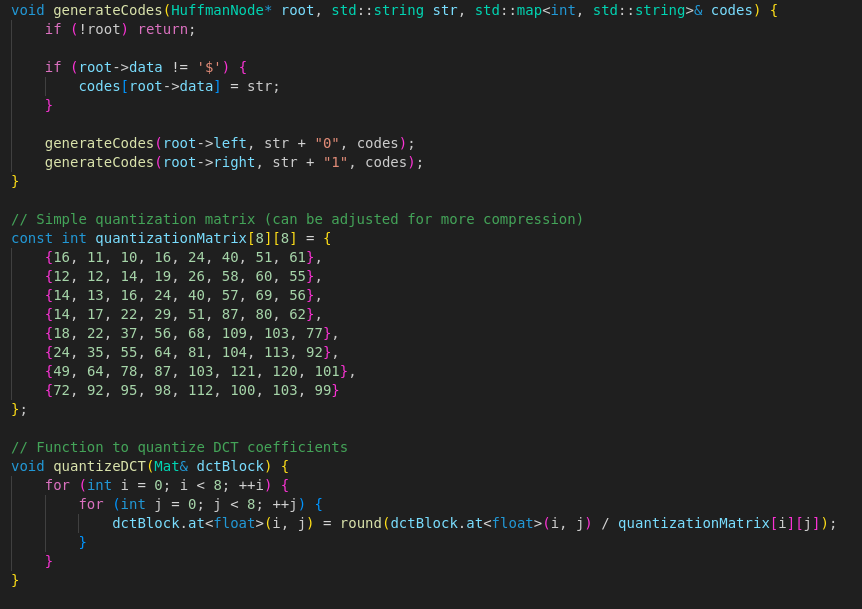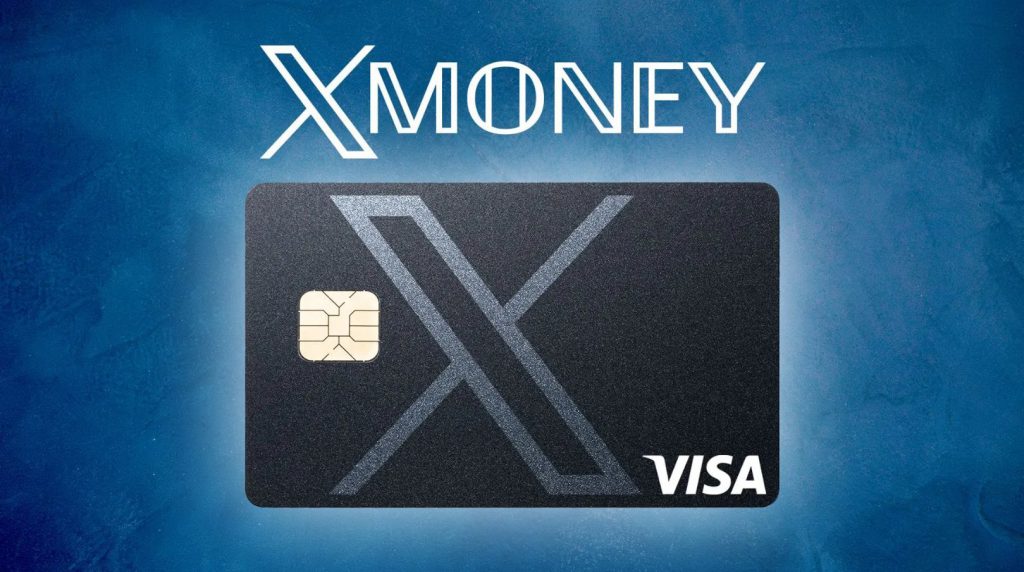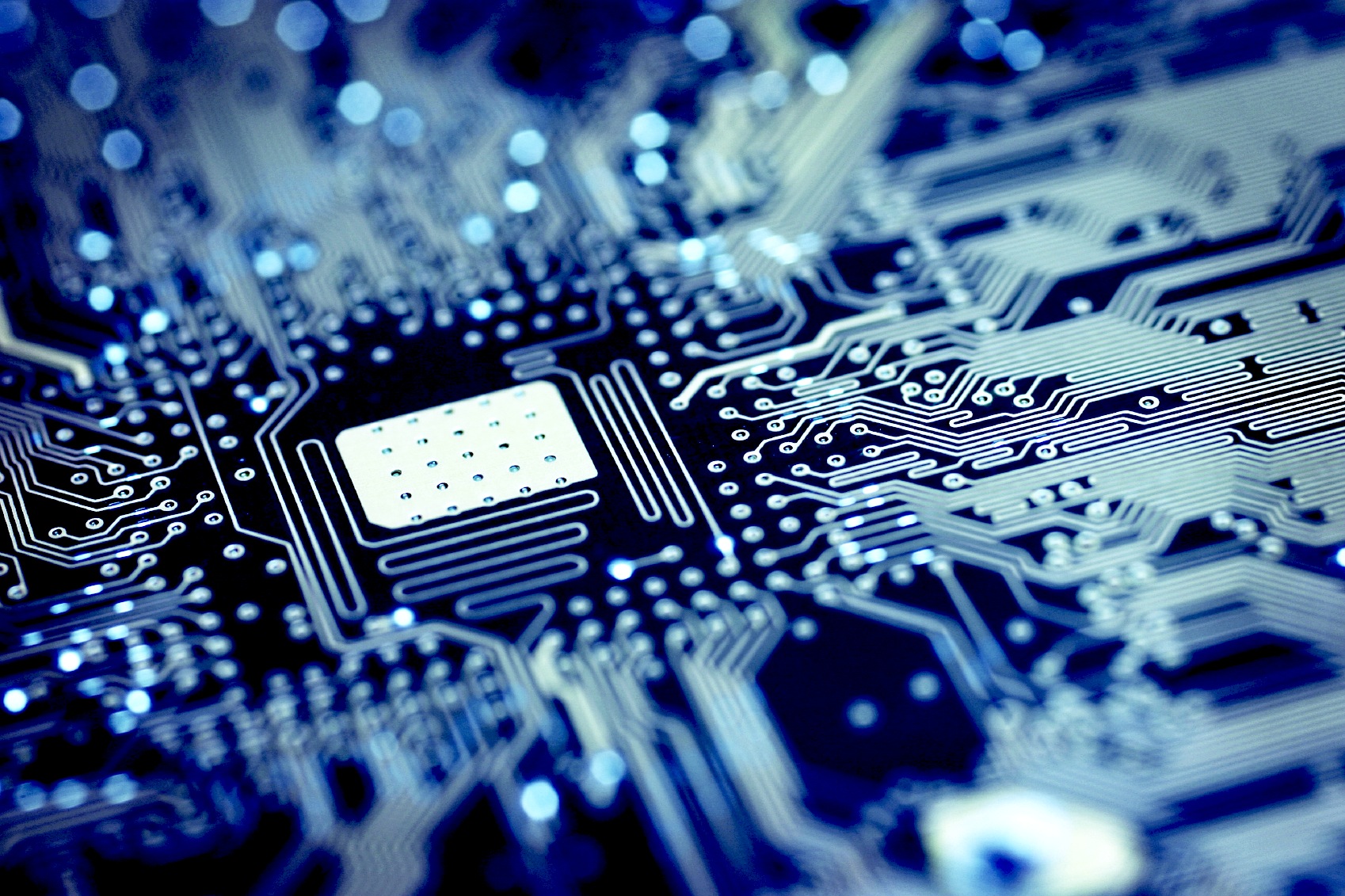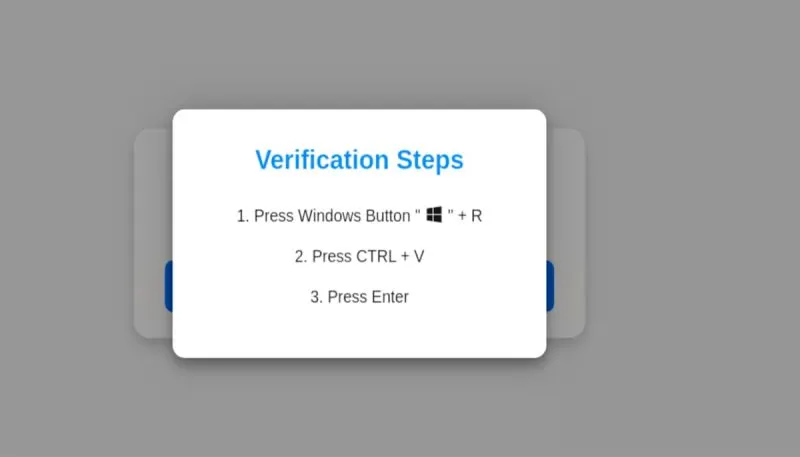Quantum Computing: A Beginner's Guide To The Future Of Computing

Quantum computing has come to revolutionize the world through computation performed via complex problems that always baffle classical computers. Using the laws of quantum mechanics, quantum computers stand to change not only industries like cryptography and medicine but even the way artificial intelligence works. In this blog, we will cover the basics of quantum computing: how it works and why it's so impactful.
What is Quantum Computing?
Quantum computing is based on the principles of quantum mechanics, a branch of physics that deals with the properties of energy and matter at the atomic and subatomic level. While classical computers are designed on bits-the basic units of information that can have a value of either 0 or 1-quantum computers use qubits, short for quantum bits, representing any number of values between 0 and 1 all at once due to a property called superposition.
Superposition and Qubits
Classically, a bit is binary in nature-it's either on (1) or off (0)-whereas qubits, thanks to superposition, could be in a state of 1, 0, or both at once. Because quantum computers can process an enormous volume of information all at one time, they are exponentially faster than classical computers for certain kinds of computations.
Entanglement: Hooking Qubits Together
The second quantum property essential in quantum computing is entanglement. Basically, entanglement occurs when two qubits get entangled; the state of one qubit instantly relates to the state of another, irrespective of the distance separating the two. This connectedness enables quantum computers to carry out complex operations by linking qubits together, thereby exponentially increasing the computational power of the qubits.
Quantum Gates and Quantum Circuits
Quantum computers operate on qubits with quantum gates, much as classical computers operate on bits using logic gates. Each quantum gate organizes the qubits in a "circuit", in order to achieve a certain computation, and because the qubits can be in all states, the quantum circuits can consider all possibilities at once. This is much of where the great power of quantum computing lies.
Applications of Quantum Computing
Quantum computing can disrupt many industries. In cryptography, it will break all the traditional ways of encryption with the power of factoring large numbers efficiently. It can also design complex molecules for speeding up the process of drug discovery in medicine. Also, quantum computers can solve problems related to optimization in logistics, finance, and machine learning areas that will see quantum leaps because of quantum computing.
Challenges in Quantum Computing
Quantum computing, though a well Springwell of potentials, is still in its infancy. It will be very susceptible to changes in its environment, creating decoherence and errors in the computation. The construction of stable and scalable quantum computers remains a challenge, and years might pass before they become easily available.
Future of Quantum Computing
It could even change the world in ways we can't yet fully comprehend, with researchers continuing to triumph over technical difficulties in developing quantum computing. Companies and governments alike are making massive investments in quantum research with a vision to make the application of quantum computing more practical and accessible. While still largely in its infancy, the progress is promising.
In the end, Quantum computing promises a great future in technology for solving those very problems that were held impossible for classical computers. As technology advances, we will most probably witness the growth of quantum computing applications into an industrial and everyday-life revolution.





















Comments
Some nice article fr.